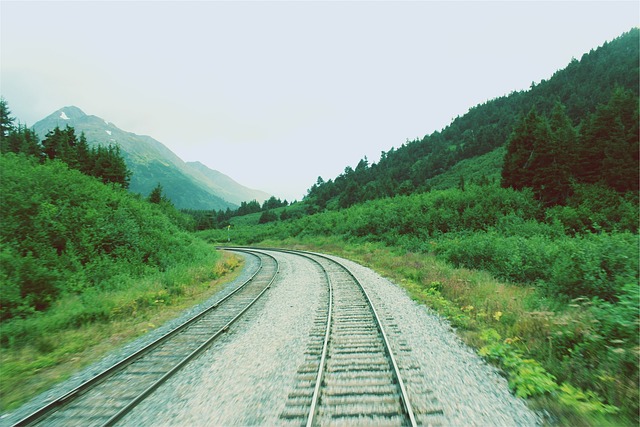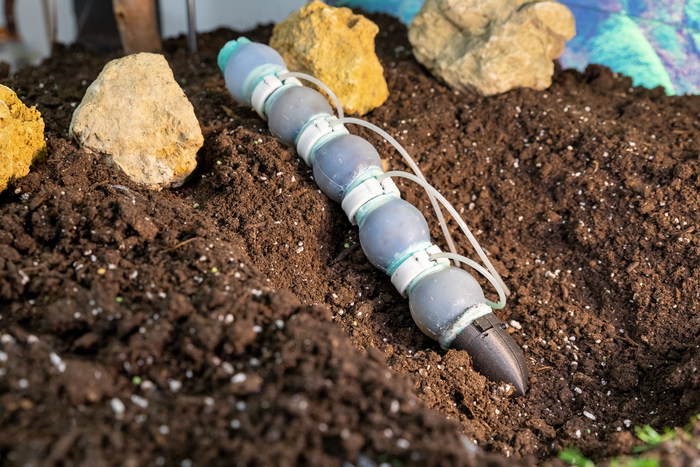According to the Environmental Protection Agency (EPA), rail travel is the most carbon-efficient mode of long-distance transportation. Rail travel generates only a fraction of the carbon emissions per passenger compared to a corresponding car journey, being ten times more environmentally friendly, and thirteen times less than air travel.
However, there is always more to achieve!
In an unconventional effort to further reduce its environmental impact, London North Eastern Railway (LNER) has unveiled a bizarre plan to cultivate microalgae along its train tracks which could be up to 400 times more efficient than tree planting. This initiative aims to capture carbon dioxide (CO2) and contribute to the ongoing efforts to mitigate carbon emissions.
Algae: Nature’s Carbon Cleanup Crew
Although algae may not be considered visually appealing, its efficiency in absorbing carbon dioxide (CO2) is remarkable. In fact, it absorbs approximately as much carbon as all the plants and trees on land combined.
Algae outperform terrestrial plants in carbon removal because they direct their entire surface area to photosynthesis, without investing in the resource-intensive infrastructure of trunks and branches.
LNER has collaborated with the technology startup Algacraft for a pilot project
Teaming up with Algacraft, LNER is conducting a pilot project using microalgae bioreactors to capture carbon around train stations. Set up on disused land next to the railway line, each bioreactor takes up space equivalent to two parking spaces, presenting an ideal option.







